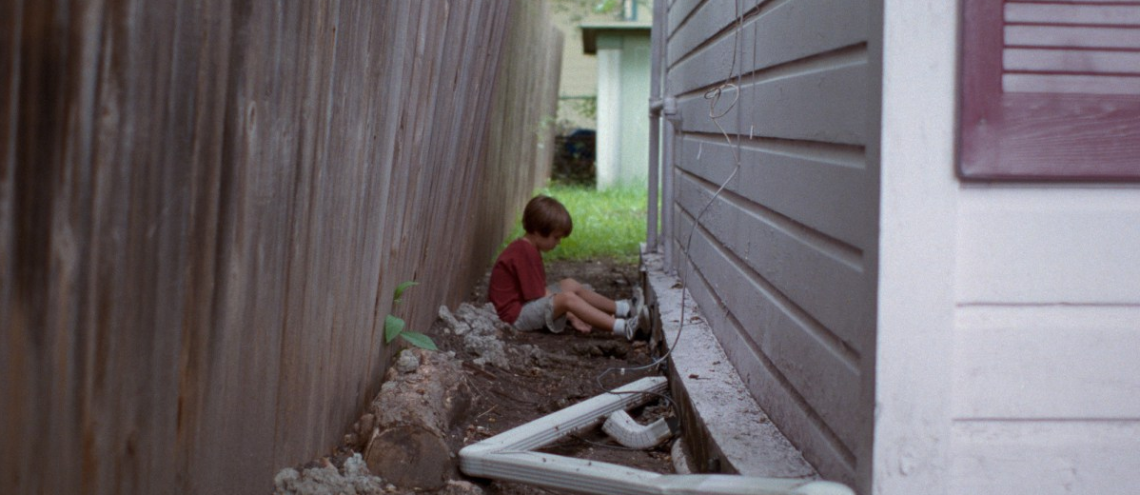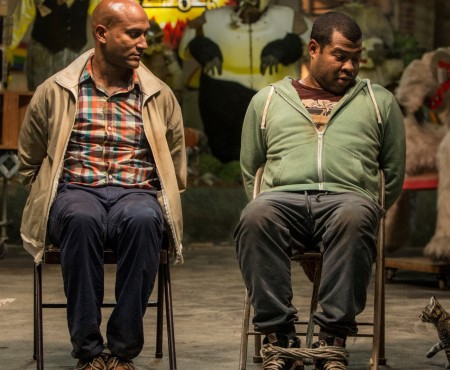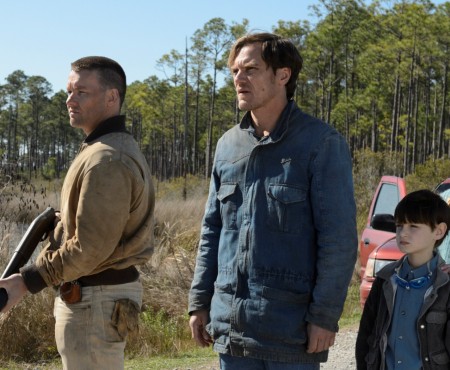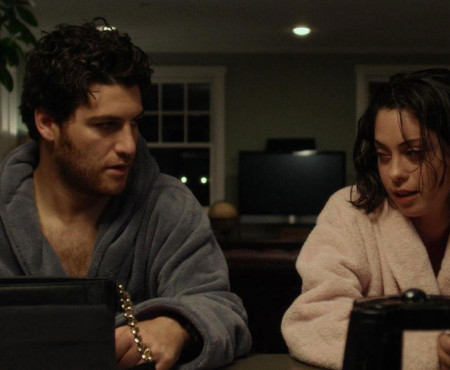If there’s been a more ambitious filmmaking endeavor in the last ten years than Richard Linklater’s Boyhood, I’d love to know. Shot every year over the course of twelve years, the film chronicles the life of a family living in the south Texas suburbs, featuring the same cast throughout, each aging naturally without ever being replaced through the course of Linklater’s domestic epic. The result is a masterpiece of accumulated details, and the ultimate exercise in showing, not telling.
From 2002 to 2014, we follow the life of Mason (Ellar Coltrane) and his family, including an older sister (Lorelei Linklater) and divorced parents (Patricia Arquette and Ethan Hawke) as they grow up together in the various homes they inhabit, moving from place to place, year after year. A scene early on where Mason is tasked with painting over a growth chart in a doorway signals the idea of these places being temporary, but forever living on as memories. It’s moments like these that define the thematic ambition that Linklater is striving for, capturing snapshots of lives that move by almost too quickly.
Almost every scene is packed to the brim with information, with only the bare minimum being verbally explained. We’re experiencing everything through Mason’s point of view, including a pair of drunken stepfathers who sink into abusive behavior for completely different reasons. The first one may be a controlling abuser, with the other succumbing to the mounting pressures of family, money, and the sense of failure. But none of these things have to be explained to us. Linklater’s meticulous attention to visual detail gives us everything we need to know, even if it’s not immediately apparent.
What’s most striking is how Boyhood finds a universal footing in grounded and earned storytelling. Even when it threatens to veer into melodrama, the effect is always the result of the story that came before it. Watching Mason experience the kind of emotional growing pains that we all go through is a moving experience, even if the film has a specific kind of point of view. School bullies, disappointments with family decisions, first loves, heartbreaks, and feeling lost in the world are all things we experience growing up, and even if Boyhood doesn’t speak to one’s personal experience, it’s difficult not to find thematic and emotional truth in the story being told.
Ethan Hawke is becoming Linklater’s rock, and for good reason. In a career somewhat defined by men with domestic drama, he once again turns in a grounded and magnetic performance as Mason’s somewhat estranged father. Patricia Arquette is surprisingly (or not?) devastating as Mason’s mother, a woman whose hopes and love for life seem to be dimmed at every turn through various failed marriages and a sense of disappointment. A near final scene between her and Mason ends with a sobbing realization that life just simply didn’t turn out the way it was supposed to, ending with the admission that “I just thought there’d be more.” Indeed, so do all of us.
Boyhood is the summation of Richard Linklater’s entire career. Effortlessly merging the freewheeling sensibilities of Slacker or Dazed and Confused with the more reflective precision of his Before trilogy, it represents the culmination of everything the Texas filmmaker has ever strived for on screen. While lacking the crackling energy of his earlier works or the airtight precision of the Before trilogy, it is a moving and masterful evocation of what it means to be a family, and all the hurt, and hope, that comes with it.




















